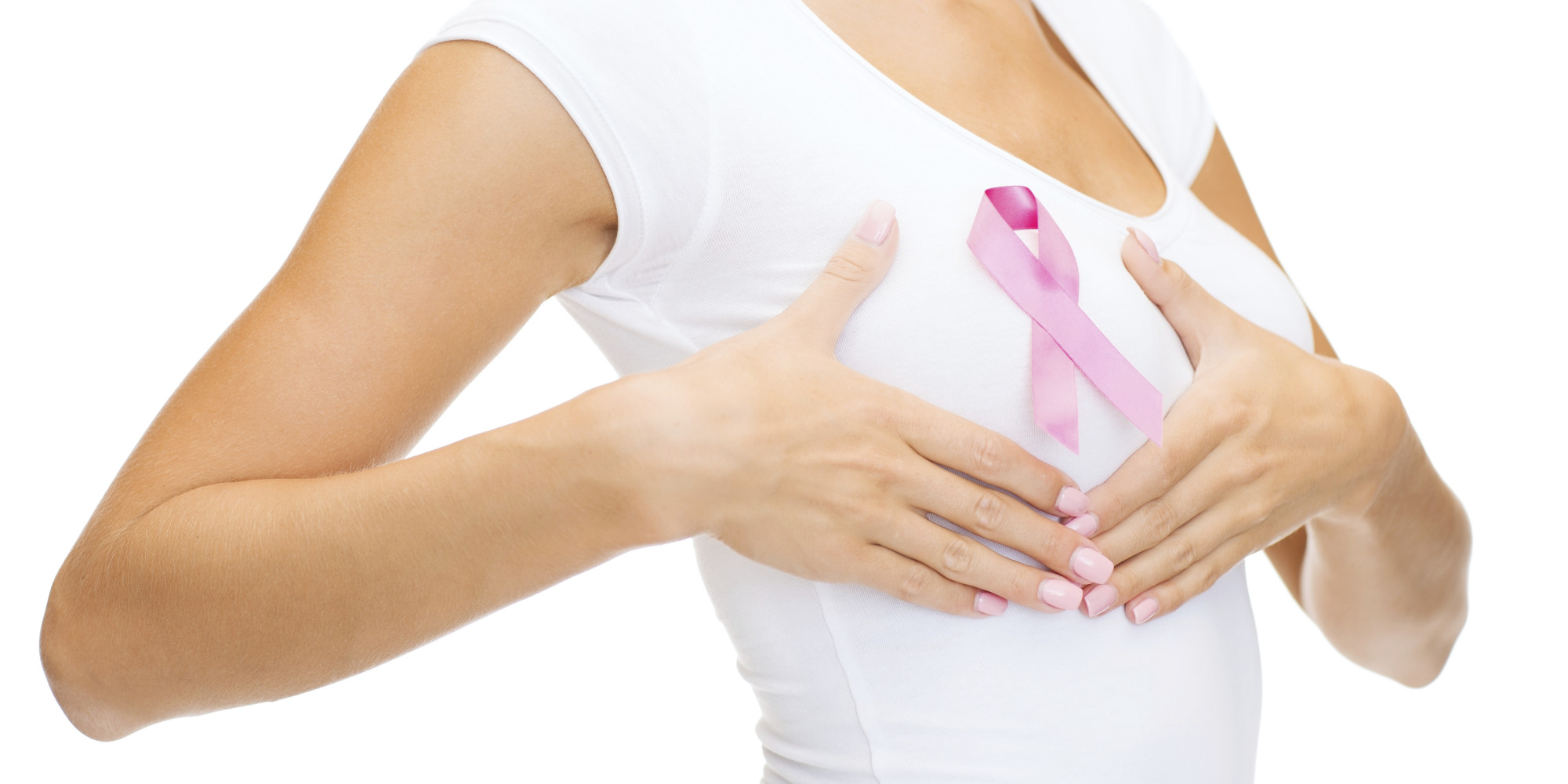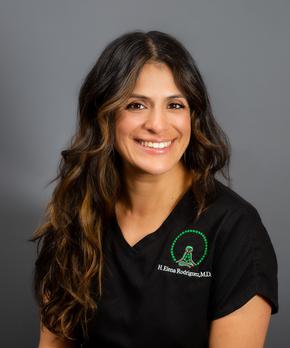Simple Guidelines to Prevent Breast Cancer Risk
By Dr. Elena Rodriguez, Founder, HER, Inc.
Most women are already aware of a sobering fact: 1 in 8 of us will be diagnosed with breast cancer over the course of our lifetimes.
October is breast cancer awareness month, so let’s take the opportunity to learn more about this disease and how it can be detected. Breast cancer is the most frequent cause of cancer death among women worldwide and the second most frequent cause of cancer death in the United States. Most breast cancers are detected by screening mammography but many are brought to a physician’s attention after a self-breast exam.
You have probably heard a lot of confusing information about when or even if you should get a mammogram and whether self-exams are helpful or can potentially lead to unnecessary biopsies. Seemingly every time we turn on the television, the nightly news reports on a new breast cancer study with conflicting information and changing recommendations. While new research is important and makes for interesting newscasts, try to keep a level head about it. Watching the news is not the same as having a conversation with your doctor.
When should you be tested? Mammograms in women under the age of 40 are generally not very helpful because young breast tissue is very dense and can lead to further testing and unnecessary radiation exposure. The American College of Obstetrics and Gynecology recommends that mammograms be offered to women starting at age 40 and be continued every 1-2 years thereafter until at least age 75. This recommendation might change based on a patient’s unique medical history.
It is important that everyone understand that individual risk varies based on multiple factors. Now there are several models that allow you to calculate your individual risk. These models take into account the following: your current age, age when you first started your period, age when you had your first child, whether or not your have been diagnosed with breast cancer in the past, whether or not you have had radiation therapy to your chest wall for other cancers like Hodgkin’s Lymphoma, whether or not you are positive for BRCA 1 or 2 (hereditary breast cancer gene), whether or not you have had a previous breast biopsy and how many first degree relatives (mother, father, brother, sister or daughter) have been diagnosed with breast cancer.
Several factors you can control to reduce your breast cancer risk are actually very intuitive, but sometimes difficult to acknowledge. The truth is that the same principles that should guide our health in general also apply to breast cancer risk. Try to follow some simple guidelines:
-
Don’t consume more than one alcoholic beverage per day. Women who consume more than 2-3 alcoholic beverages per day have a 20% greater chance of breast cancer compared to women who don’t drink alcohol.
-
Being overweight or obese also increases your risk factor for breast cancer. Fat cells make estrogen, which in turn stimulates the growth of a breast cancer if it is present. Being overweight and consuming processed sugars increases insulin levels which elevates breast cancer risk. Consuming red meat and processed or cured meats (hot dogs, bacon, ham, sausage) also make you more likely to someday be diagnosed with breast cancer.
-
Leading a sedentary lifestyle has also been linked to increase risk of breast cancer. Women who exercise regularly have lower rates of breast cancer according to multiple studies.
On the other hand, breast feeding, having a child before the age of 30 and minimizing your use of synthetic hormones has been linked with a reduction in breast cancer.
In summary, although the vast number of women affected by breast cancer is daunting, enough information exists to be aware of how to potentially avoid the risk being any higher than it has to be. A healthy lifestyle and a thorough dialogue with your doctor are the most important steps you can take.


